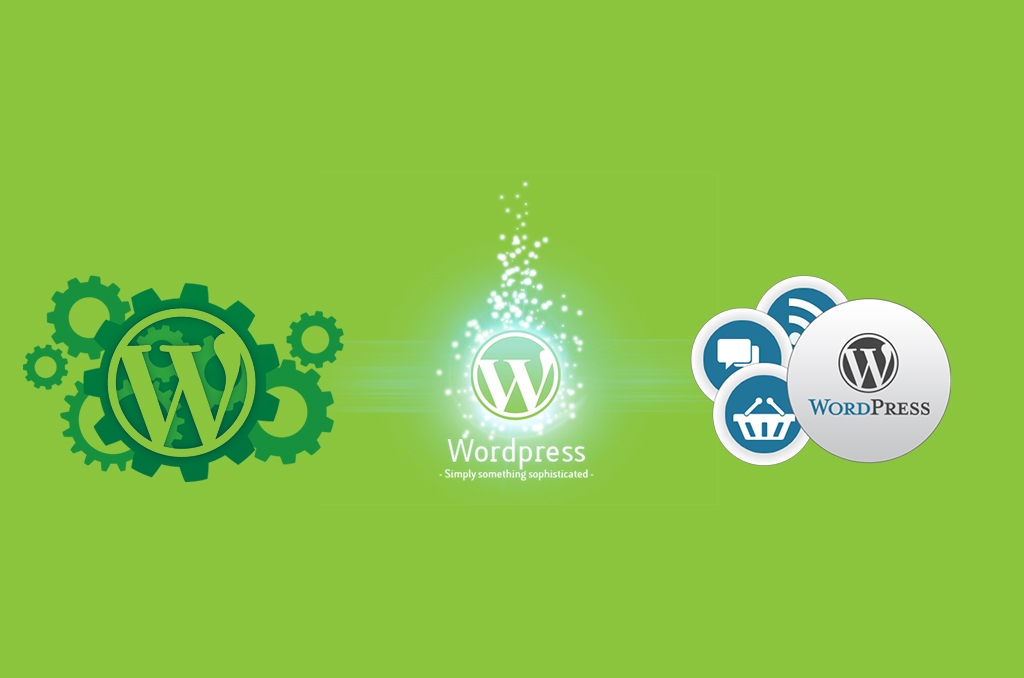
People often make the mistake of classifying WordPress as just a blogging platform. Although that used to be true in the past, WordPress has evolved through out the years into a versatile content management system (CMS). While WordPress can be used to create a simple blog, now it also allows to create fully functional websites and mobile applications. WordPress is flexible. It offers a built-in feature of adding a blog. It is safe and secure. It is easy to manage. It can handle different media types.

Magento is an open-source e-commerce platform written in PHP for e-commerce web sites. It is SEO friendly. Features like support for both Multi-Site and Multi-Domain setup. It enables to do deep customizations of both frontend (layouts and templates) and backend (event, observer, rewrites, grids, etc.) Magento takes security very seriously and as a highly rated priority. It is the world’s largest eCommerce application marketplace. Magento grows with your business. It is flexible enough to adapt to any changes you require and any new features your business needs as it expands or evolves. Performance is key on e-commerce website as few hundreds of milliseconds delay can have a huge impact on your conversion rate. By being fully flexible, we can make the most of Magento using advanced caching techniques such as Varnish. Database can be properly optimized as well.
Joomla is a free and open-source content management system (CMS) for publishing web content. It is built on a model–view–controller web application framework that can be used independently of the CMS. It has more than 6000 extensions. The admin area inspires greatness. Joomla is super-powerful and easy to use. Intuitive interface and management panel. Plug-ins for commercial sites, including complete shopping carts. It has search-engine optimization features.